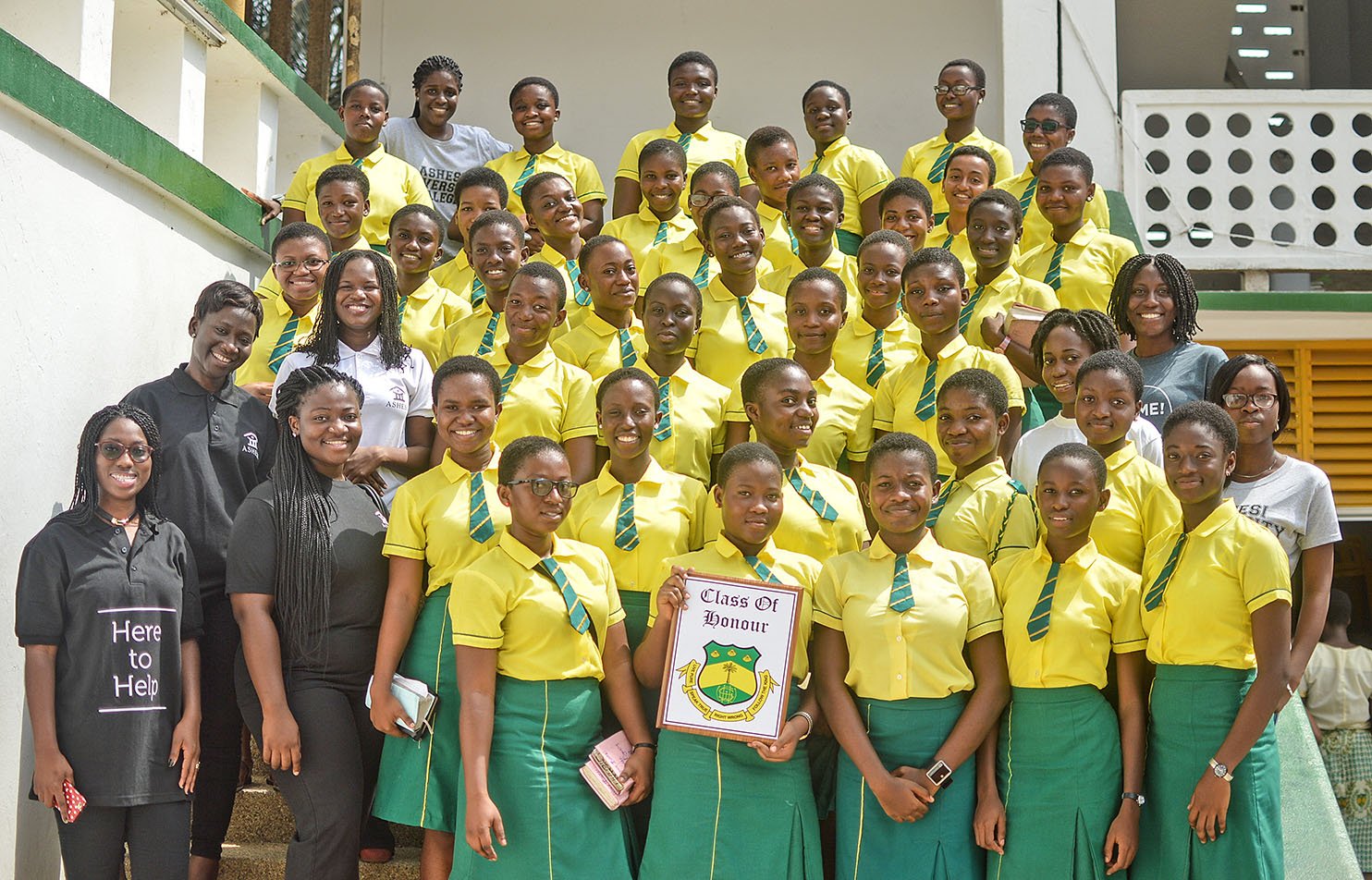Supreme Court orders Wesley Girls SHS to respond to religious discrimination allegations

Accra: The Supreme Court has given Wesley Girls’ Senior High School a 14-day ultimatum to respond and provide answers to factual claims that it prevents Muslim students from practicing their religion, the central issue in a suit filed by private legal practitioner Shafic Osman.
The response by the school is meant to pave the way for the determination of the case.
Mr Osman, in a suit filed on December 24, 2024, alleges that Wesley Girls enforces policies that bar Muslim students from observing religious duties such as fasting and prayer and compels them to participate in Methodist religious activities, given the school’s foundation by the Methodist Church.
He contends that this conduct amounts to systemic abuse of rights and discrimination based on religion.
During Tuesday’s sitting, the Attorney-General applied to withdraw and replace an earlier Statement of Case.
While the Supreme Court, presided over by Justice Gabriel Scott Pawmang, allowed the replacement, the bench expressed concern that the amended statement did not address the core factual claims.
The Court consequently ruled that the first defendant, the Board of Governors of Wesley Girls’ School, must respond directly to the allegations.
The panel emphasised that claims suggesting the school prevents Muslim students from practising their faith are particularly serious.
Deputy Attorney-General Dr Justice Srem-Sai did not oppose the directive, noting that the amended Statement of Case primarily focused on the constitutional framework for assessing alleged restrictions on religious rights.
The Supreme Court has also granted Democracy Hub leave to file a written address as a friend of the court (amicus curiae) in the high-profile case challenging religious discrimination policies at Wesley Girls’ Senior High School.
By allowing Democracy Hub to file a written submission, the court is broadening the scope for civil society to contribute to the debate over religious freedom in public education.
The decision comes as public interest in the case continues to grow, particularly around how Ghana can balance denominational school traditions with constitutional guarantees for all faiths.
The Court has, however, directed that Democracy Hub may only file its arguments after all parties have completed filing their documents.
Join our whatsapp channel for all the latest updates.
For news coverage, article publication, and advertisement, send an email to ghanaianminaret@gmail.com or reach us via whatsapp, telegram or phone call on +233266666773.

